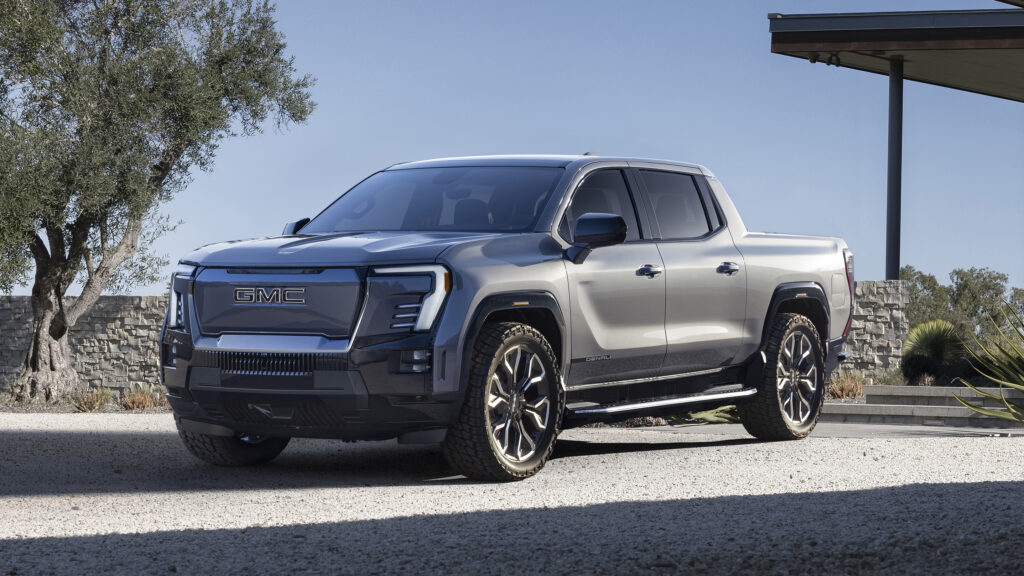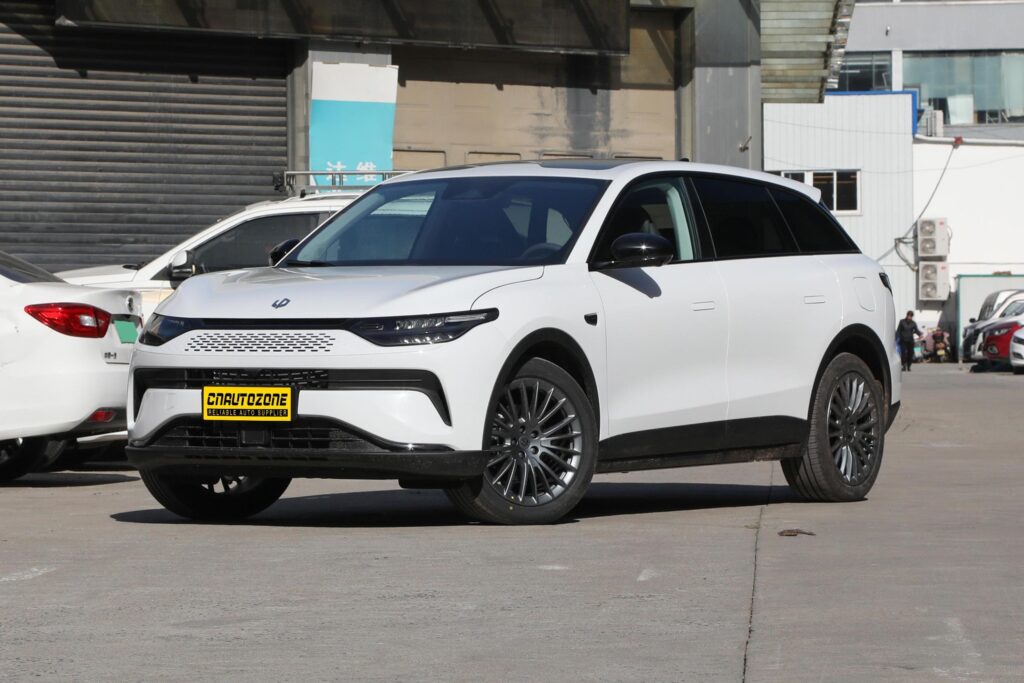As the world increasingly shifts towards sustainable practices, the transportation industry stands at the forefront of this change. The electric truck market, in particular, has garnered significant attention from manufacturers, investors, and consumers alike. This blog post aims to analyze the current state of the electric truck market, its future prospects, the challenges it faces, and the opportunities that lie within this burgeoning sector.

The Current Landscape of the Electric Truck Market
The electric truck market is experiencing accelerated growth, fueled by various global trends. The increasing demand for environmentally friendly transportation solutions is a primary driver of this trend. Government regulations aimed at reducing carbon emissions are pushing companies to explore electric options. Additionally, advancements in battery technology are making electric trucks more feasible in terms of performance, efficiency, and cost.
Numerous automotive giants, including Tesla, Volvo, and Mercedes-Benz, are investing heavily in electric truck development. Startups such as Rivian and Nikola are also entering the market, challenging traditional players with innovative approaches and technologies. According to a recent report from Fortune Business Insights, the global electric truck market size is projected to grow from USD 1.07 billion in 2021 to USD 9.31 billion by 2028, at a CAGR of 36.6%.
Key Trends Fueling Market Growth
- Regulatory Push for Sustainability: Governments worldwide are implementing stringent emission regulations, mandating the transition to cleaner vehicles. Countries like the United Kingdom and Norway have set ambitious targets to phase out fossil-fuel-powered vehicles, thus paving the way for electric trucks.
- Evolving Consumer Preferences: As environmental awareness grows amongst consumers and businesses, there is a noticeable shift towards sustainable transportation options. Companies aiming to enhance their brand image are increasingly adopting electric fleets as part of their commitment to corporate social responsibility.
- Technological Advancements: Innovations in battery technology, including the development of solid-state batteries and improved charging infrastructure, are making electric trucks more viable. Reduced charging times and extended driving ranges are essential for the adoption of electric trucks in commercial logistics.
- Cost Efficiency and Total Cost of Ownership: While the initial acquisition cost of electric trucks tends to be higher than their internal combustion engine counterparts, lower fuel and maintenance costs can significantly improve total cost of ownership (TCO) over time. For businesses operating on thin margins, this is an increasingly attractive proposition.
Challenges Confronting the Electric Truck Market
Despite these promising trends, the electric truck market is not without its challenges.
- Range Anxiety: While advancements have been made, range anxiety—defined as the fear of running out of battery before reaching a destination—remains a significant concern for fleet managers. Many traditional diesel trucks can cover longer distances without refueling, a critical consideration for long-haul logistics.
- Charging Infrastructure: The availability and reliability of charging stations are crucial for the widespread adoption of electric trucks. Investments in charging infrastructure have been lagging, particularly in rural or less-populated areas. This can limit operational flexibility for companies relying on electric fleets.
- Initial Investment Costs: The high upfront costs associated with electric trucks can deter some businesses from making the switch. While the TCO can be more favorable in the long run, the immediate financial burden can be prohibitive for smaller companies or businesses with limited budgets.
- Battery Production and Sustainability: The production and disposal of batteries pose environmental concerns. As demand for electric vehicles increases, there is a growing need to develop sustainable practices in battery production, including sourcing raw materials responsibly and ensuring effective recycling methods.
Opportunities in the Electric Truck Market
Despite the challenges, the electric truck market presents numerous opportunities for growth and innovation.
- Partnerships and Collaborations: Manufacturers, charging companies, and logistics firms can create partnerships to develop integrated solutions that address the challenges faced by electric truck adoption. Collaborative efforts can lead to innovations that enhance charging infrastructure and drive market penetration.
- Investment in Research and Development: As technology continues to evolve, companies that invest in R&D for electric trucks, including improvements in efficiency and battery performance, will have a competitive edge. This focus is critical for addressing the range anxiety and charging infrastructure issues mentioned earlier.
- Expansion into Emerging Markets: Developing regions offer a unique opportunity for electric trucks, particularly as urbanization and logistics demand grow. Governments in these regions may also provide incentives for adopting electric vehicles, promoting environmental sustainability.
- New Business Models: The electric truck market enables the emergence of new business models, such as vehicle-as-a-service (VaaS) or subscription services for electric trucks. These models can make it more cost-effective for companies to adopt electric fleets without the burden of high upfront costs.
Conclusion
The outlook for the electric truck market is undoubtedly bright, underscored by significant consumer demand, technological innovations, and regulatory support. While challenges persist, the industry is poised for transformation, providing a fertile ground for both established players and new entrants.
In the coming years, as market dynamics continue to evolve, stakeholders must remain agile and adaptable, leveraging technological advancements and consumer trends to capitalize on the opportunities that this exciting segment of the transportation industry presents. The transition to electric trucks is not just a trend; it signifies a monumental shift toward a greener, more sustainable future in logistics and transportation. cnautozone car expert welcome inquiry

